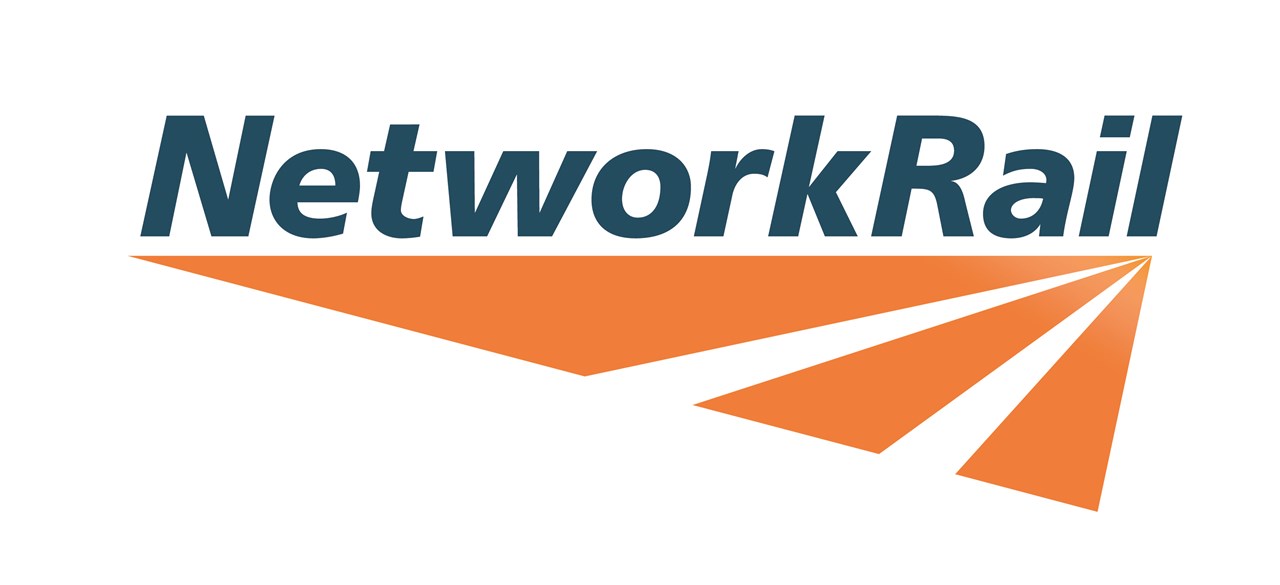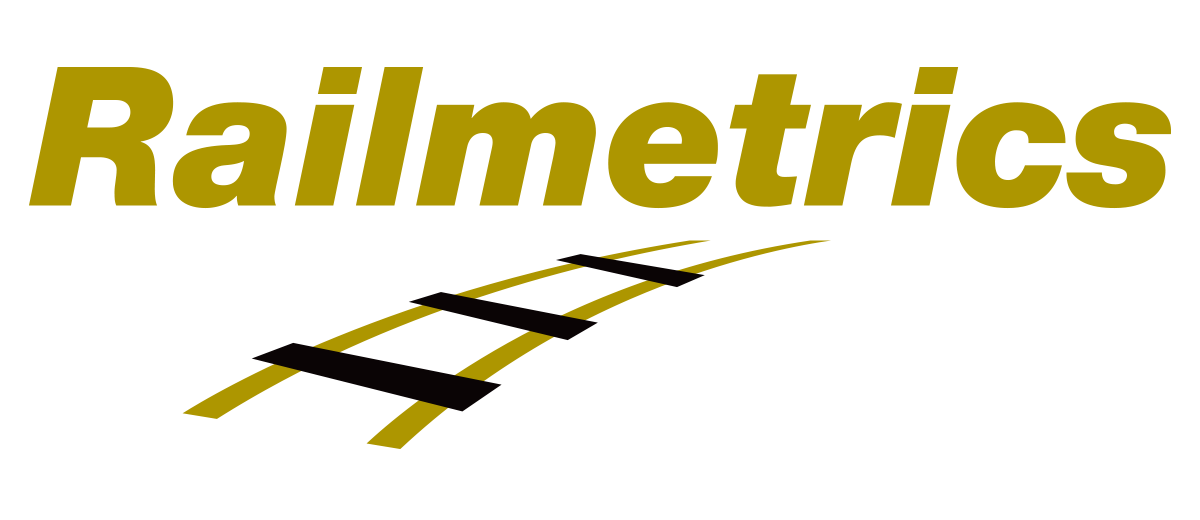St Leonards - Earthworks Monitoring
Challenge
In 2016 rail operator Network Rail (NR) had become concerned about the risk of landslips affecting the railway at a site near Hastings in southern England. A decision was made to remove vegetation from a 40 m length of the cutting above the track in order to stabilise and monitor it.
As well as detecting physical movement of the slope, Network Rail wanted photographic imaging of the track, so that any potential hazard could be seen by operational staff and assessed quickly and without needing to visit site.
Contractor Costain approached Senceive to provide FlatMesh™ high-precision tilt sensors. They specified a short lead-in time as the issue was seen as high priority. They wanted the monitoring installed quickly and to remain in place for a period of years.
Solution
The robust and stable sensors were fixed to stakes embedded in the de-vegetated slope on a grid pattern. The system comprised a solar-powered 3G gateway and 20 wireless FlatMesh™ tilt nodes. Once the groundworks were complete, the nodes were deployed using stakes and customised mounting plates. The solar 3G gateway was then quickly and easily installed on a nearby post to transmit the data from the nodes to the WebMonitor software.
A solar-powered FlatMesh™ wireless camera was also installed to detect objects of football-sized and bigger encroaching on the track, day or night. As well as sending regular images of the track, this remotely configurable camera could be triggered to capture a picture in the event of a movement threshold being exceeded by any of the nodes.
Outcome
Precise and stable data information was visible to the client via easy-to-use software. Other data such as rainfall information were considered and manual surveys were conducted on an occasional basis. The automated approach, including remote imaging, enabled targeted intervention with a big reduction in site visits.
Following the monitoring installation, Costain and NR earthworks engineers were confident that the system was providing the insight needed to identify significant slippage and make safety-related decisions in a timely, reliable and cost-effective manner.
Downloads
Created on: Thu 15th Oct 2020


Key Points
Rapid installation.
Long-term monitoring with big reduction in site visits.
Asset owner able to respond quickly.
Reduced risk through fewer visits and lower risk of disruption and accidents.










